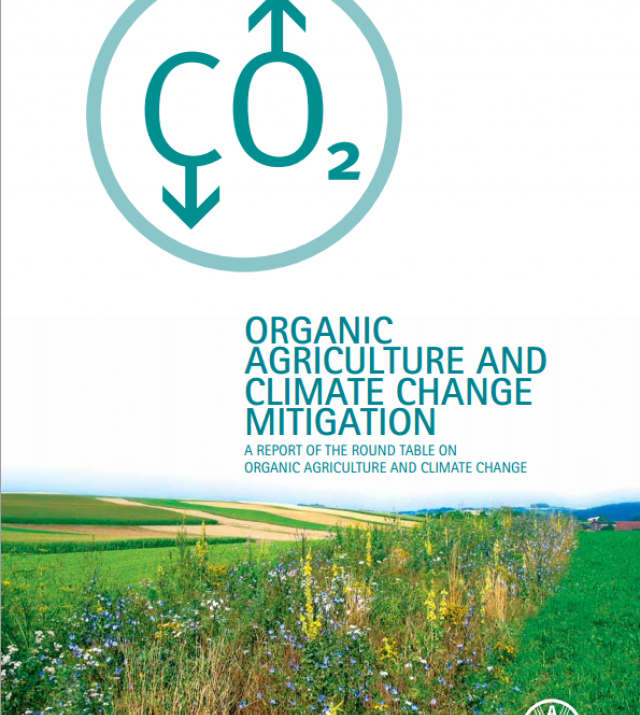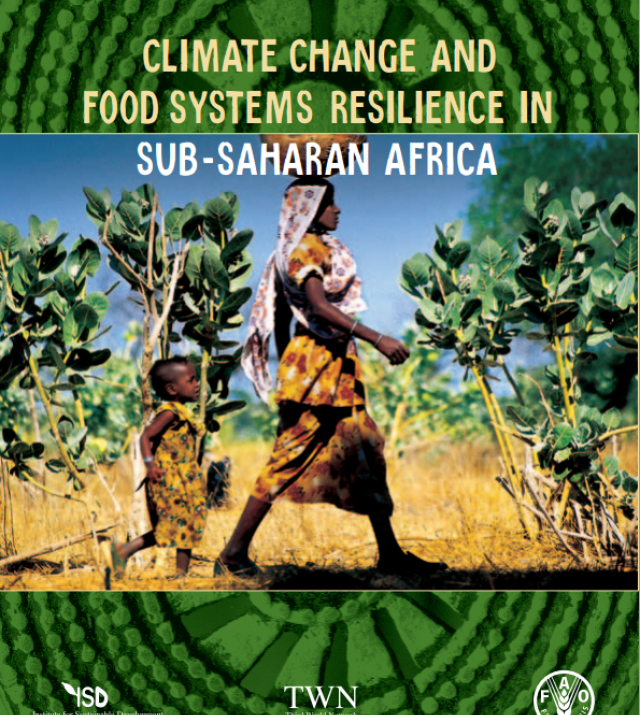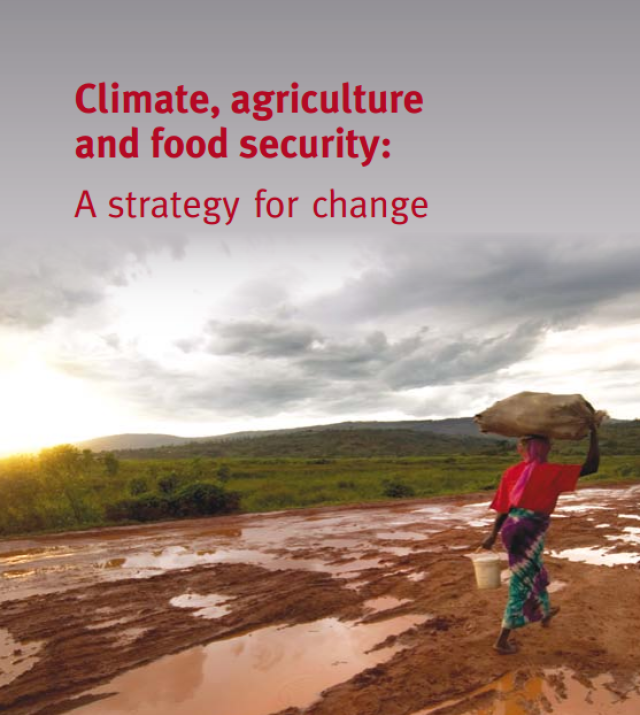
Coping with Climate Change: The Importance of Genetic Resources for Food Security

To provide food and nutrition security when confronted with the challenges of climate change we will have to confront new problems, of ten unpredictable, and without precedent. The safeguarding and sustainable use of the genetic resources of plants, animals, forests, invertebrates and microorganisms are key to maintaining our ability to achieve food security through proper agriculture, forestry, fisheries and aquaculture practices.
It is essential to link climate change adaptation and mitigation policies and programmes to genetic resources objectives while simultaneously considering the need for food and nutrition security. Access to and development and use of a wide portfolio of genetic resources will serve as the essential insurance policy that enables responses to future changes in production conditions. In this way, genetic resources for food and agriculture will serve as the security net for our food.
It is both important and urgent to take into account the importance of genetic resources for food and agriculture in addressing adaptation measures and food security. These issues shall be considered within the work on adaptation to be undertaken as decided in Cancun and in the Nairobi work programme, with appropriate linkages to the work of relevant international organizations and national best practices.
The Commission on Genetic Resources for Food and Agriculture requested that FAO carry out studies on the potential of genetic resources for food and agriculture for adaptation to and mitigation of climate change. Sectoral analyses on the state of knowledge, on the risks, and on the potential of genetic resources for food and agriculture in the face of climate change were prepared. Selected highlights of these sectoral studies are presented in this document.

